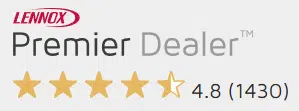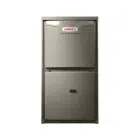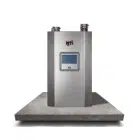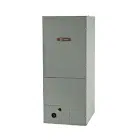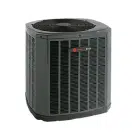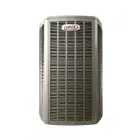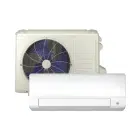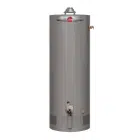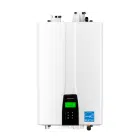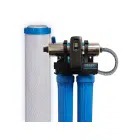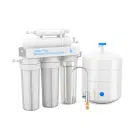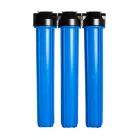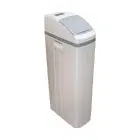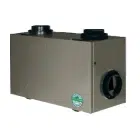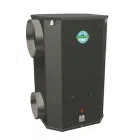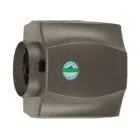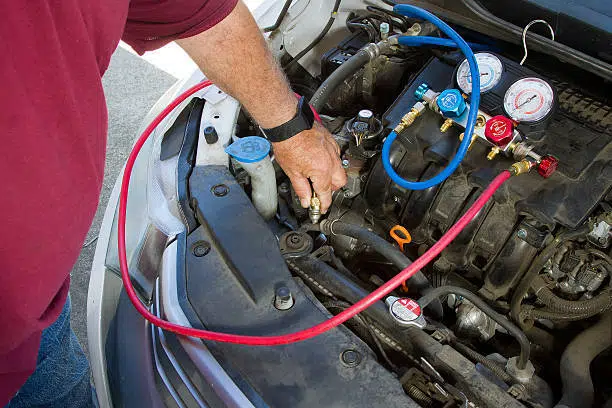
Table of Contents
As the cold Canadian winters approach, ensuring your home is equipped with an efficient heating system becomes paramount. Boilers and combi boiler systems play a crucial role in providing the warmth and comfort your home deserves. In this comprehensive guide, we’ll explore the inner workings of boilers, delve into the innovative world of combi boiler systems, and help you make informed decisions when it comes to heating your home.
Understanding Boiler Systems
A boiler is a specialized heating appliance designed to generate hot water or steam for various domestic or industrial applications. It typically consists of a vessel or container where water is heated, and the resulting hot water or steam is circulated to provide heating or to power machinery. Boilers are a central component of heating systems in homes, businesses, and industrial facilities, playing a crucial role in maintaining warmth and facilitating various processes. They can operate using different fuel sources, including gas, oil, or electricity, and come in various types such as conventional boilers, system boilers, and combi boilers.
Boiler Components
Understanding the inner workings of a boiler is key to optimizing its efficiency. Let’s explore the main components of the boiler systems in Canada.
- The Heat Exchanger: The heat exchanger is a vital component within a boiler responsible for transferring heat from the combustion of fuel (gas, oil, or electric) to the water. It facilitates the exchange of thermal energy, ensuring efficient heating for domestic or industrial purposes.
- The Burner: The burner is the engine of the boiler, responsible for converting fuel into heat energy through combustion. It ignites and controls the flame, influencing the efficiency and performance of the heating system. Proper maintenance is essential for sustained efficiency.
- The Circulator Pump: The circulator pump plays a pivotal role in ensuring the even distribution of hot water throughout the heating system. It circulates water to radiators, baseboards, or other heat emitters, maintaining consistent warmth in different areas of the home. Understanding pump types and speed settings is crucial for optimizing energy efficiency.
Boiler Fuel Types
Embarking on the journey of selecting a boiler is like choosing the heart of your home’s warmth. We will guide you through the different fuel options, helping you find the perfect match that resonates with your heating needs and values.
- Gas boilers: Gas boilers utilize natural gas or propane as their primary fuel source. They are popular for their efficiency, cost-effectiveness, and relatively low environmental impact. Gas boilers are a versatile choice, suitable for various home sizes and heating needs.
- Oil boilers: Oil boilers rely on heating oil as their fuel source. They are known for providing consistent and powerful heating, making them suitable for homes in areas without a natural gas supply. While they require storage for the oil, modern oil boilers are designed for efficiency and reduced environmental impact.
- Electric boilers: Electric boilers use electricity to generate heat. They are often chosen for their clean and quiet operation. Electric boilers are suitable for homes with easy access to electrical power and are known for their simplicity and ease of installation.
Do you need professional advice on what boiler type suits your needs better? Contact HVAC Service Solutions via the link below.
Combi Boiler Systems
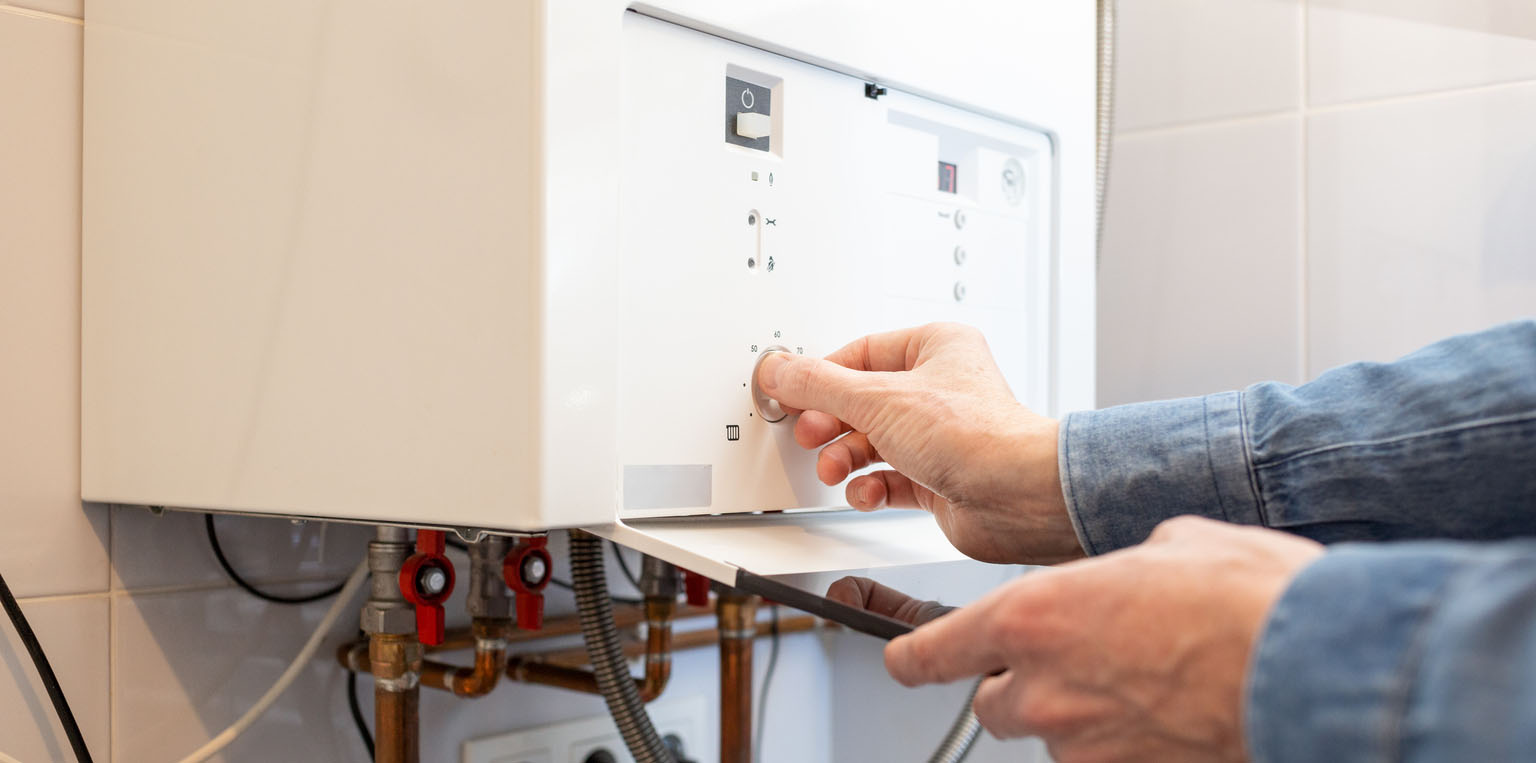
Combi boilers, short for combination boilers, are the modern marvels of home heating, seamlessly blending efficiency and convenience. These systems have gained popularity for their ability to provide both heating and hot water in a single, compact unit. Unlike traditional boilers, combi systems eliminate the need for a separate water tank, making them space-saving and often more energy-efficient. In this section, we’ll delve into the intricacies of how combi boilers work, exploring their advantages, operational mechanics, and potential considerations for homeowners seeking an all-in-one heating solution.
How Combi Boilers Work
Combi boilers, or combination boilers, revolutionize home heating and hot water provision with their streamlined operation:
1. Instantaneous Heating: Combi boilers heat water on demand as it flows through the unit, eliminating the need for a separate water storage tank.
2. No Standby Heat Loss: Their design minimizes standby heat loss, contributing to increased energy efficiency.
3. Compact and Space-Saving: With no requirement for a bulky water tank, combi boilers are renowned for their space-saving design.
4. Quick Response Time: Combi boilers respond rapidly to changes in demand, providing hot water on demand without delays.
5. High Energy Efficiency: On-demand heating contributes to high energy efficiency, reducing energy consumption and utility bills.
Check out more information about these heating systems in our comprehensive boiler buy guide via the link below.
https://thehvacservice.ca/everything-you-need-to-consider-when-buying-a-boiler-system/
Pros and Cons of Combi Boiler Systems
Combi boilers, like any heating system, come with distinct advantages and considerations. Here’s a concise exploration of the pros and cons to help you make an informed decision:
Pros:
- Space Efficiency: Combi boilers are compact, eliminating the need for a separate water tank and saving valuable space.
- Energy Efficiency: On-demand heating minimizes standby heat loss, contributing to high energy efficiency and lower utility bills.
- Quick Hot Water: Combi boilers provide hot water instantly, avoiding the need for a preheated water reservoir.
- Ideal for Small Homes: Well-suited for smaller homes or properties with limited space, offering an all-in-one heating and hot water solution.
Cons:
- Water Pressure Dependency: Combi boilers may be sensitive to fluctuations in water pressure, impacting performance, especially in larger homes.
- Simultaneous Demand Limitations: Meeting high hot water demands simultaneously in multiple outlets might be challenging.
- Installation Complexity: Professional installation is crucial, and retrofitting into existing systems might be more complex than traditional boilers.
- Potential for Flow Rate Issues: In homes with low water pressure, there might be issues with the combi boiler’s flow rate, affecting performance.
In conclusion, combi boiler systems stand as versatile and efficient solutions for homes seeking streamlined heating and hot water provision. The space-saving design and energy efficiency make them a popular choice, especially for smaller residences. However, potential considerations such as water pressure sensitivity and installation complexity should be carefully weighed, ensuring that the advantages align with the unique requirements of your home.
Choosing the Right System for Your Home

When it comes to selecting the ideal heating system for your home, several factors play a pivotal role in ensuring optimal comfort, efficiency, and cost-effectiveness. Let’s delve into the key considerations that will guide you in choosing the right heating system tailored to your unique needs.
Home Size and Layout
The size and layout of your home significantly impact the type of heating system that suits it best. Larger homes with multiple floors or intricate layouts may benefit from zoned heating systems, while smaller homes might find a single-unit system, such as a combi boiler, more fitting.
Hot Water Usage Patterns
Understanding your household’s hot water usage patterns is crucial. If your family often uses hot water simultaneously in different areas, a system with a higher flow rate, like a traditional boiler or a well-sized combi boiler, may be necessary to meet the demand without compromising performance.
Energy Efficiency and Environmental Impact
Considering the environmental impact and energy efficiency of your heating system is not only a responsible choice but also a cost-effective one in the long run. Evaluate the efficiency ratings of different systems and opt for one that aligns with your sustainability goals while helping you save on energy costs.
Tailoring your selection to align with these considerations ensures not just warmth but optimal comfort, cost-effectiveness, and a reduced environmental footprint.
Professional Installation and Maintenance of the Combi Boiler in Canada
Opting for professional installation ensures your boiler heating system is seamlessly integrated into your home, guaranteeing optimal efficiency and safety. Certified HVAC experts bring technical prowess and a deep understanding of your home’s nuances. By entrusting the installation to professionals, you safeguard your investment, navigate potential challenges effortlessly, and gain peace of mind knowing your heating system is in capable hands.
Regular boiler maintenance is the unsung hero in preserving the life and efficiency of your boiler. Certified technicians, familiar with the equipment intricacies, conduct thorough inspections, detect potential issues early, and perform necessary adjustments. This proactive approach minimizes the risk of breakdowns, enhances energy efficiency, and ensures that your heating system operates at peak performance, translating to lower operational costs over time.
Ensure the longevity and efficiency of your heating system. Contact HVAC Service Solutions for professional installation and maintenance services tailored to your home’s unique needs in Canada.
Conclusion
Choosing the right heating system involves a nuanced understanding of boiler components, combi boiler advantages, and personalized considerations. From the efficiency of combi systems to the importance of professional installation, each aspect contributes to a warm and cost-effective home. For tailored solutions and expert care of the combi boilers in Canada, contact HVAC Service Solutions today to embark on a journey to optimal heating comfort.
Frequent Asked Questions
What is a boiler system?
A boiler system is a specialized heating appliance designed to generate hot water or steam for various domestic or industrial applications. It plays a crucial role in providing warmth for homes, businesses, and industrial facilities, operating on different fuel sources such as gas, oil, or electricity.
What are the main components of a boiler system?
- Heat Exchanger: Transfers heat from fuel combustion to water for efficient heating.
- Burner: Converts fuel into heat energy through controlled combustion.
- Circulator Pump: Ensures even distribution of hot water throughout the heating system.
What are the different boiler fuel types?
- Gas Boilers: Use natural gas or propane for efficiency, cost-effectiveness, and low environmental impact.
- Oil Boilers: Rely on heating oil for consistent and powerful heating, suitable for areas without natural gas.
- Electric Boilers: Operate using electricity for clean and quiet operation.
How do combi boiler systems work?
Combi boilers heat water on demand, eliminating the need for a separate water tank. They are compact, space-saving, and provide both heating and hot water in a single unit. Instantaneous heating, no standby heat loss, and quick response time contribute to high energy efficiency.
How can I choose the right heating system for my home?
Consider factors such as home size and layout, hot water usage patterns, energy efficiency, and environmental impact. Tailor your selection to align with these considerations for optimal comfort, cost-effectiveness, and reduced environmental footprint.
Why opt for professional installation and maintenance of a combi boiler in Canada?
Professional installation ensures seamless integration and optimal efficiency, navigating potential challenges effortlessly. Regular maintenance by certified technicians detects issues early, enhances energy efficiency, and ensures peak performance, reducing operational costs over time.
Share
